
computer sceince & engineering
Undergraduate Program (B.Tech.)
Intake: 120
- About
- HOD
- Program Outline
- Academic Calender
- Program Specific Outcomes
- Course Outcomes
- Alumni
- Syllabus
Vision
- To develop computer engineers with necessary analytical ability and human values who can creatively design, implement a wide spectrum of computer systems for welfare of the society
Mission
- Preparing graduates to work on multidisciplinary platforms associated with their professional position both independently and in a team environment
- Preparing graduates for higher education and research in computer science and engineering enabling them to develop systems for society development
Program Educational Objectives (PEOs)
- Graduates will be able to-
- Analyze, design and provide optimal solution for Computer Science & Engineering and multidisciplinary problems
- Pursue higher study and research by applying knowledge of mathematics and fundamentals of computer science
- Exhibit professionalism ,communication skills and adapt to current trends by engaging in lifelong learning
Programme Specific Outcomes (PSOs)
- Graduates will be able to-
- Software Development:
- Develop algorithms, design systems using object Oriented Structures, Computational Mathematics and Graphics
- Develop systems using Software Engineering principles, Agile Methodologies
- Networking:
- Design and develop systems using Networking and different GUI methods, Mobile Technology with consideration to Computer Security
- Integrate IT systems to support the information exchange
- Data Analysis:
- Develop systems with Databases, Warehouses, Visual Modeling and different front end technologies and extract data using the techniques of Data Mining
- Apply the techniques of Image processing, soft Computing and Artificial Intelligence for system development
- Software Development:
Globalization has brought in a clear shift from education as the transmission of expert knowledge to education as building learner competencies with human values. Engineering education in India is experiencing a shift from traditional teaching-learning methods to outcome-based education. Our department is also looking forward to enhance the quality and make the students globally competitive.
The vision of the department is to develop computer engineers with the necessary analytical ability and human values who can implement a wide spectrum of computer systems for the welfare of society. In pursuit of this vision, the department actively organizes seminars, workshops, short-term training programs, and value-added courses providing various opportunities to showcase talents and innovative skills in a variety of fields.
Program Outline
In the age where technology defines the social structure, Computer Science engineers have immense control and responsibility, hence we believe in imbibing humanitarian values through Gandhian principles along with technological proficiency. A rational blend of basic and latest technology is offered to the students for being employable.
Key Features
Student centric Outcome Based Education (OBE) Curriculum
Well-equipped laboratories with good ambience to provide more practical exposure or hands on experience
Two week Field Training & Six months Internship Program as a part of curriculum.
Vibrant Computer Students’ Association (COMPSA) and Student Chapter of Computer Society of India (CSI)
PROGRAMME SPECIFIC OUTCOMES (PSOs)
1.Graduates will be able to apply the knowledge of computer systems, hardware and software.
2.Graduates will be able to make use of modern tools for solving complex engineering problems in Java, dot net and networking.
3.The ability to understand, analyse and develop computer programs in the areas related to algorithms, system software, multimedia, web design, big data analytics, and networking for efficient design of computer-based systems of varying complexity.
4.The ability to understand the evolutionary changes in computing, apply standard practices and strategies in software project development using open-ended programming environments to deliver a quality product for business success, real world problems and meet the challenges of the future.
5. The ability to employ modern computer languages, environments, and platforms in creating innovative career paths to be an entrepreneur, lifelong learning and a zest for higher studies and also to act as a good citizen by inculcating in them moral values & ethics.
Faculty
Gallery
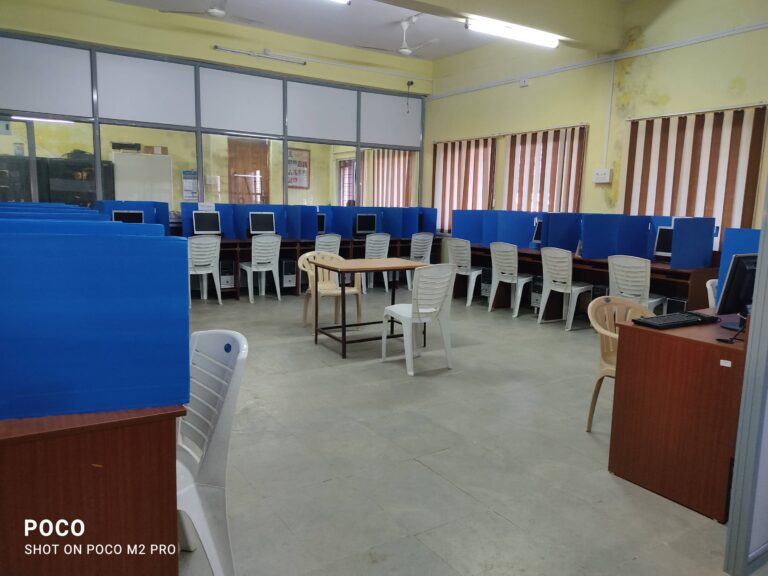
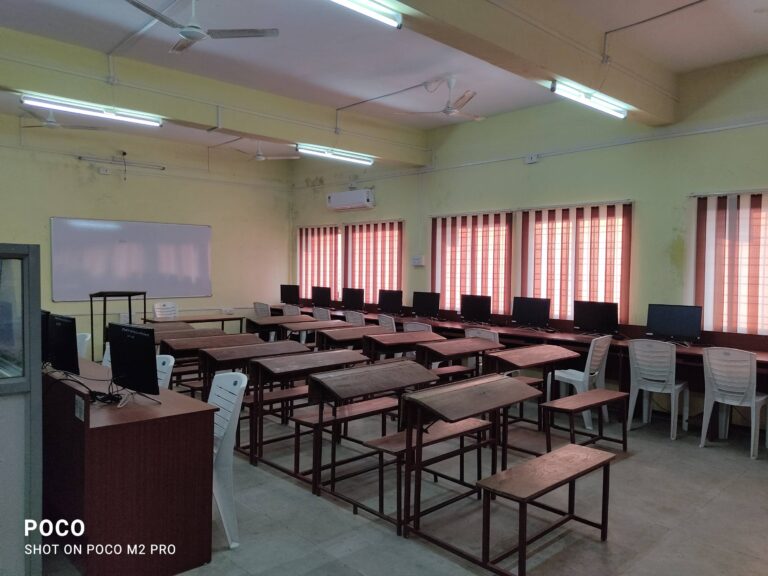
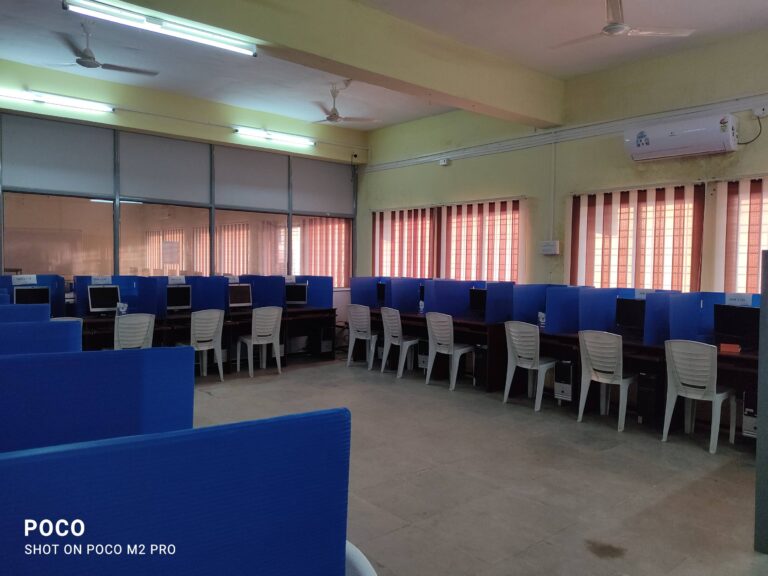
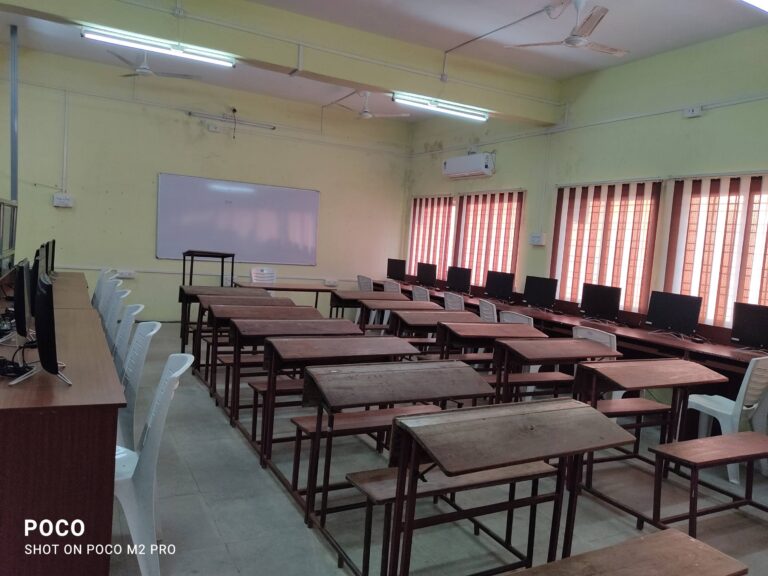
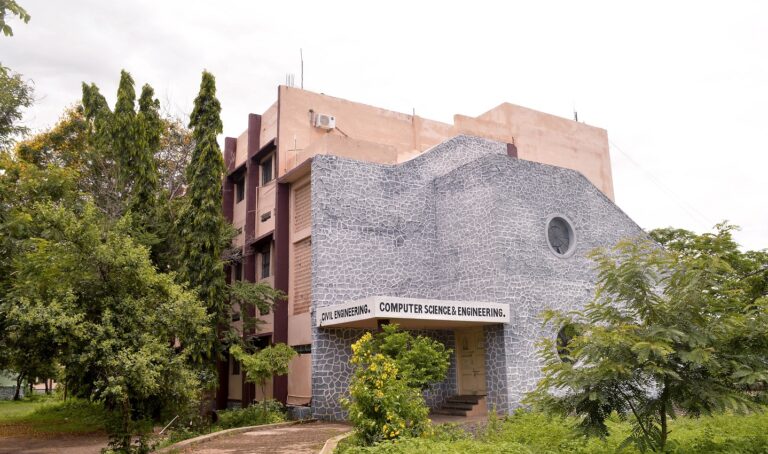
Events
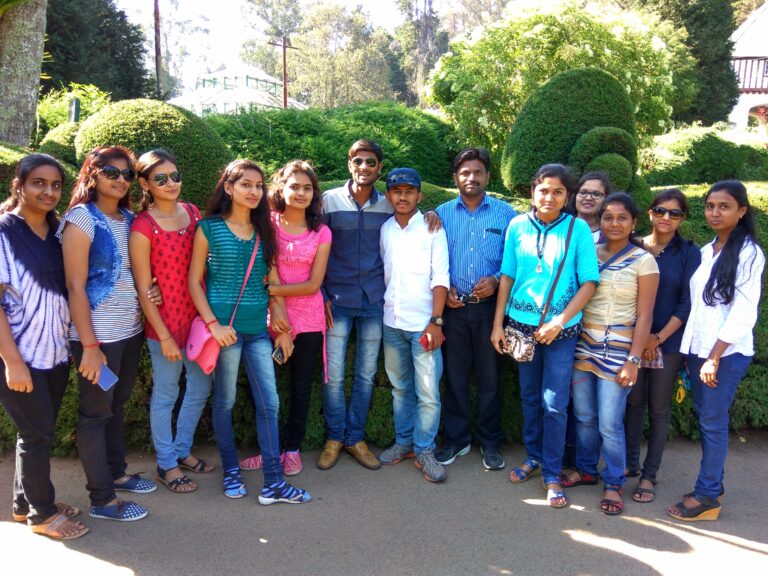
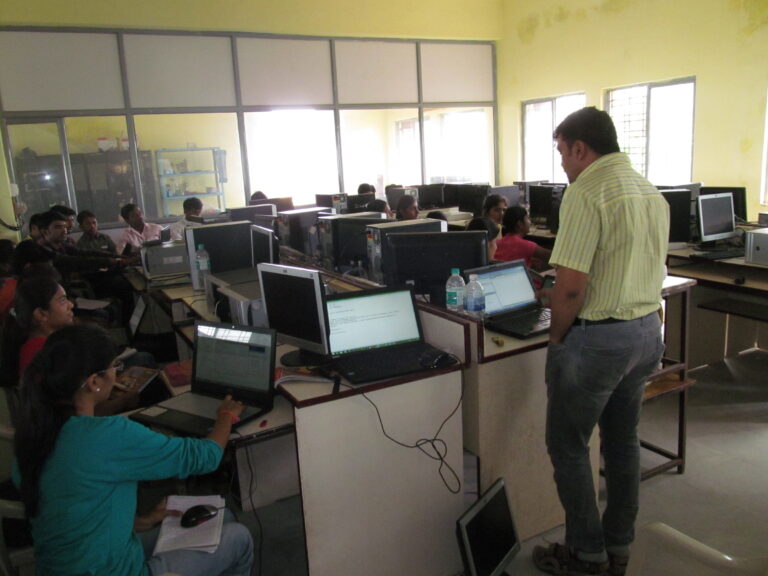
Other Courses Offered By STBCET
Shri Tuljabhavani College Of Engineering
Tuljapur-Naldurg Road, Osmanabad, Maharashtra 413601
Contact Us
Email –
Principal: [email protected], [email protected], [email protected]
Social Media
Quick Links
- Tuljabhavani Temple Darshan
- Media Gallery
- AICTE Compliance
- NAAC & IQAC
- Online Payments
- Information Brochure
- Online Grevience
- Tender
- Acts/Rules
© STBCET | Website By Scrimatec IT Solutions Pvt Ltd


